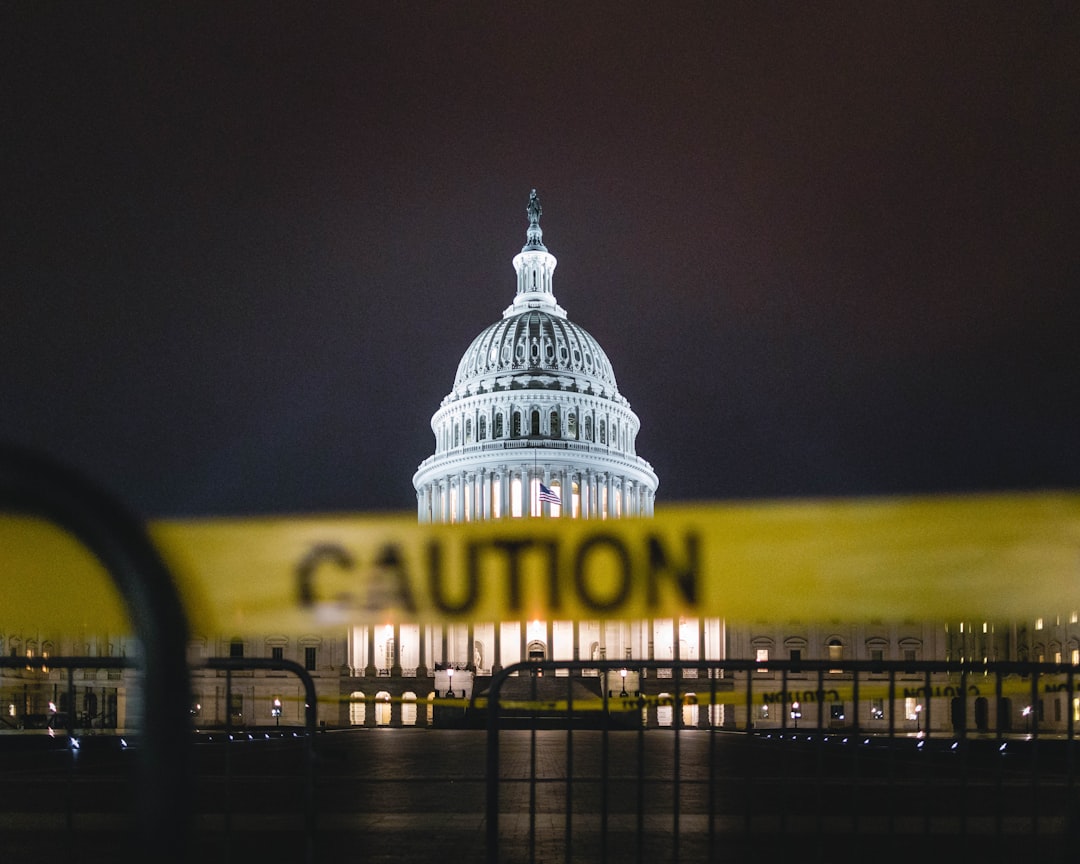Americans Weigh In Early and Swiftly (image credits: Unsplash)
As the first hints of autumn chill settle over the capital, the partial government shutdown casts a shadow that’s already stirring up heated debates across the country.
Americans Weigh In Early and Swiftly
Right out of the gate, polls are painting a clear picture: most folks aren’t mincing words about who’s responsible for this mess. In a Washington Post survey snapped up just as the shutdown kicked off, a solid chunk of respondents—way more than those faulting Democrats—laid the blame squarely on President Trump and his Republican allies in Congress. It’s like watching a family argument where one side gets called out louder than the other.
This isn’t some fringe view either; similar sentiments echo in NBC News and USA Today polls from the same day. Over half the people questioned pointed to the GOP as the main culprits, with Trump often topping the list. Early numbers suggest this could stick if things drag on, turning public frustration into real political pressure.
Trump and the GOP Under Fire
Imagine the heat in the Oval Office right now—polls show Trump’s approval taking a hit faster than you can say “budget impasse.” According to the latest data, around 45% of Americans directly blame him for pushing the shutdown over demands tied to health care funding cuts. Republicans in Congress aren’t faring much better, with many seeing their party as stubborn for not budging on key issues.
It’s a tough spot for the administration, especially since prediction markets had pegged shutdown odds as high as 70% just weeks ago. Voters seem to remember past shutdowns under Trump, and history isn’t being kind. This blame could ripple into midterm vibes if negotiations stall further.
Democrats Catch a Break—for Now
On the flip side, Democrats are breathing a little easier in these initial surveys. Only about 25% of respondents in the Post poll tagged them as primarily at fault, often praising their stand on extending federal health insurance subsidies. It’s as if the public sees the Dems as the ones holding the line against deeper cuts, even if it means risking a shutdown.
That said, not everyone’s buying the good guy narrative. Some polls note a portion of voters frustrated with both sides for not compromising sooner. Still, the early edge goes to Democrats, potentially giving them leverage in backroom talks.
Real Worries About Everyday Impacts
People aren’t just pointing fingers; they’re voicing real concerns about how this hits home. In the Washington Post’s quick text poll of over 1,000 folks, “somewhat concerned” topped the charts for shutdown effects, with worries about furloughed workers and delayed services bubbling up. Think national parks closing gates or federal paychecks on hold—it’s not abstract for many.
A majority also backed Democrats’ push to restore those health subsidies, though support dips when it prolongs the stalemate. PBS News echoed this, finding Americans more likely to side against the GOP’s hardline stance. These sentiments could shift as the days tick by, but for now, the public pulse is one of cautious alarm.
Breaking Down the Numbers: Key Poll Insights
Let’s get into the specifics without the fluff. Here’s a quick look at blame attribution from major early polls:
| Poll Source | Blame on Trump/GOP | Blame on Democrats | Unsures |
|---|---|---|---|
| Washington Post | 52% | 24% | 24% |
| NBC News | 48% | 22% | 30% |
| USA Today | 50% | 25% | 25% |
These figures highlight a consistent trend: the scales tip heavily toward Republican accountability. Unsures are high early on, but that could solidify as impacts mount.
Looking Ahead: Will Pressure Force a Deal?
With shutdowns historically short-lived but painful, these polls might just be the nudge needed. Posts on X from prediction markets show odds spiking before the deadline, reflecting widespread anticipation of this clash. If blame keeps piling on one side, expect frantic calls and maybe even concessions on those subsidies.
Analysts from outlets like BBC suggest four paths out— from quick compromises to drawn-out battles—but public opinion could tip the scales. For federal workers staring down unpaid days, every poll feels like a countdown.
Key Takeaways
- Polls consistently show more blame on Trump and Republicans than Democrats.
- Public concern is moderate but growing, focused on services and worker impacts.
- Support for health subsidies remains strong, potentially aiding Democratic leverage.
In the end, these early polls remind us that shutdowns aren’t just D.C. drama—they’re a mirror to what voters value most. As the blame game intensifies, one question lingers: how long before the pressure cooker boils over into real change?


